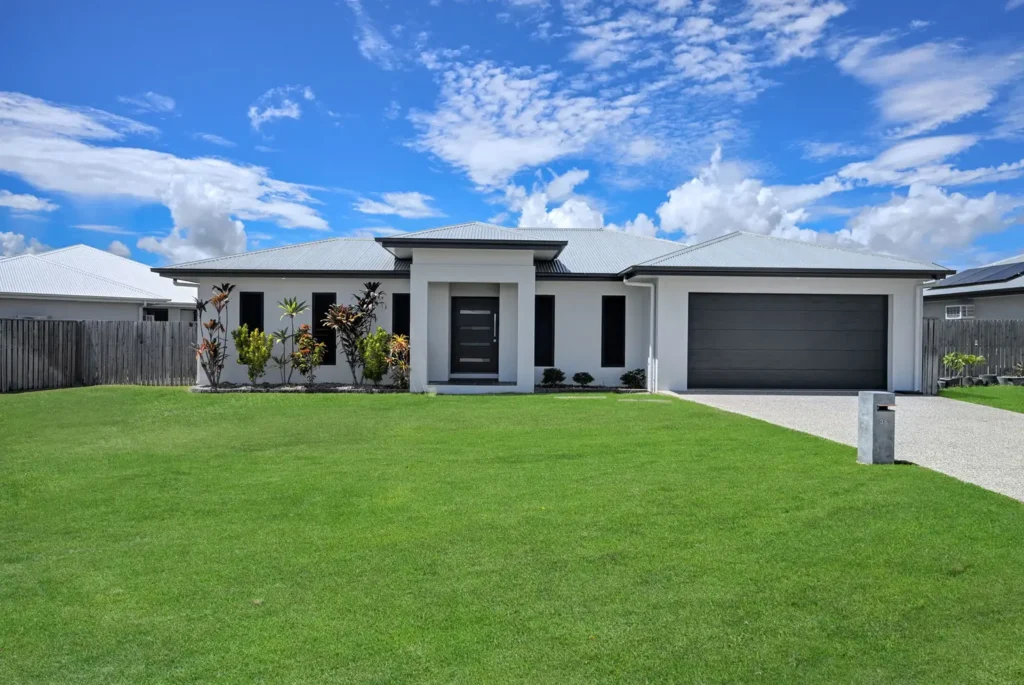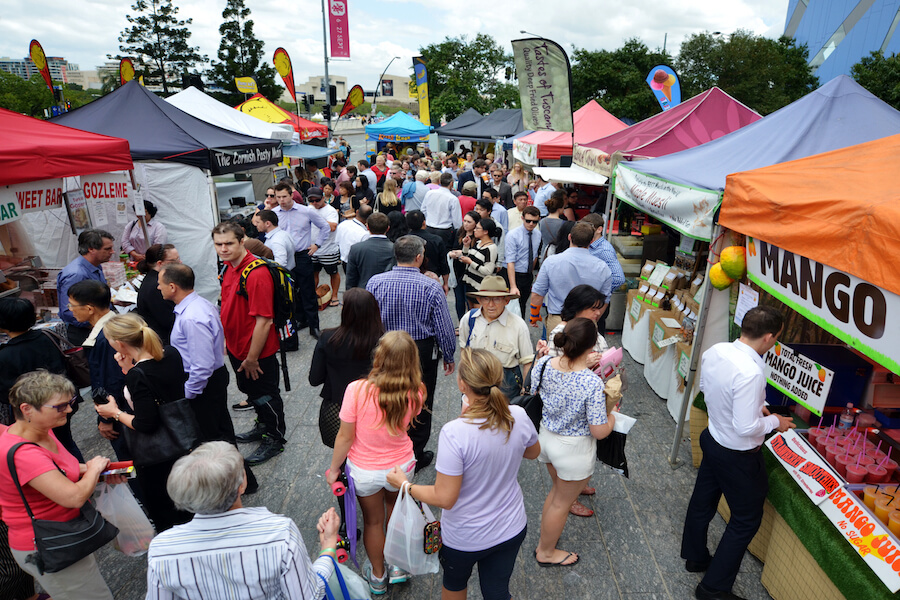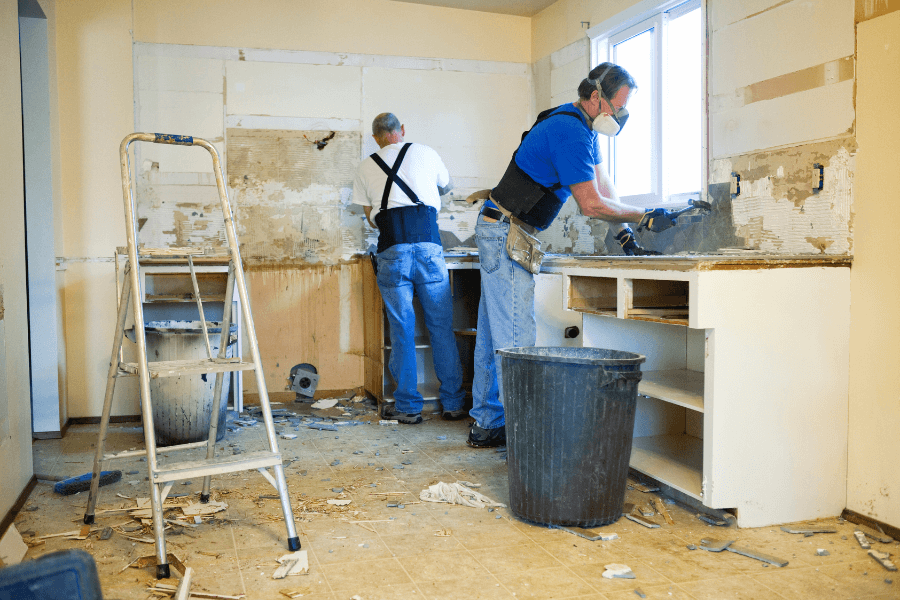There are a whole host of reasons you may be looking to move to a new suburb, whether it be for a job opportunity, a lower cost of living, downsizing, upsizing, better schools or just for a change of scene. Whatever the reason is, everyone wants to make sure their new suburb will be a good fit to avoid having to face the pain of moving house all over again.

Australians tend to move quite frequently compared to our overseas companions. More than 40% of Australian households reported moving within the last five years. Some 46% of households with a reference person aged 15 to 24 years had moved three or more times in comparison to previous years, the need to move seeming to affect the younger generation considerably.
Another 40% of Australian homeowners have also mentioned the desire to sell their property within the next five years. Of this, around 30% are intending to do so for downsizing purposes.
With 65% of real estate professionals expecting housing prices will continue to rise due to predicted interest rate cuts and rising incomes, you need to make sure you pick the right home and location for your needs, as it is incredibly important.
So many people are dreaming of greener pastures, planning their next move, and need to find the right suburb for their next life stage and goals.
To help you determine whether an unfamiliar suburb will suit you, here are some questions to consider before packing your bags, hiring a mover, and shifting your whole life to a new suburb, city or interstate.
Topics in this article:
Top questions to ask before moving to a new suburb
Is it safe?
One of the most common questions we see on Homely’s local Q&A in different suburbs all across Australia is ‘Is this area a safe place to live?’. There are a few ways you can research and check on the safety of an unfamiliar location.
You can gauge safety by looking into different crime statistics for a particular postcode. For example, you can check the crime data by area visualisation provided by the Victorian Government Crime Statistics Agency. This tracks the increasing or decreasing levels of offences within the local government area and other key features to see the current and previous crime levels in a particular region.
Visit the suburb at night time to see if the public spaces and streets are well lit, as some suburbs can have quite a pitch-black appearance. Ask yourself if you would feel safe walking home alone? Are there lots of people around if you needed help, or are the streets largely deserted?
We’d also recommend heading to Homely’s Questions and Answers to see whether there is already a discussion about safety in the area. If there isn’t, we encourage you to submit a new question to hear what the locals have to say.

Is it noisy?
Another frequent topic of discussion on Homely’s Q&A is ‘How bad is the airport/road/rail noise in this suburb?’. Before moving, it’s essential to consider the potential for different kinds of noise pollution in the suburb that could disturb you while living there. It can even negatively impact your health over time, especially if you work from home or are a shift worker.
Check the streets surrounding the property you’re considering on Google Maps to see if there are any noisy facilities, services or public works close by. Depending on your noise tolerance, things to watch out for could include schools, freeways, tips, train lines, bus routes, shopping centres, airports, race tracks, sports arenas, industrial areas, concert halls, nightclubs and live music venues.
Before you make an offer or apply for a rental, take a look at the council’s website to see if there are any major infrastructure or redevelopment projects close to the property that may be noisy and impact traffic conditions down the track.
When you go to an inspection, take note if you hear any barking dogs as you approach the property, large construction projects nearby, like a new apartment development, road works or level crossing removal, and the volume and frequency of traffic passing by. These are all factors you’ll want to weigh up before moving to a new area.

Is there a good community spirit?
Based on our Suburb Reviews and Q&A content, we know a lot of house hunters are seeking out family-friendly and community-oriented areas when looking for a new place to live. If you value friendliness, supportive neighbours and want to get involved in community programs, then this is something you will want to spend a bit of time investigating.
A great place to start is searching for and joining any community-run Facebook Groups in your areas of interest. Try search terms like ‘Community’, ‘Hub’, ‘Noticeboard’, and ‘Crime Watch’ with the suburb or council area you’re researching. There are thousands of these kinds of community groups out there. Some may be protected and more exclusive, but where available, scroll through the posts and topics of discussion, and you’ll get a feel for what is most important to locals and gauge community spirit. These pages also allow you to see if there are interesting local events, sports clubs or markets and provide hints on any current issues, red flags or negatives to living there.
Spend a day in your suburb of interest to get a read on the general vibe and the community. Take a wander down the main street, get lunch at the local café and people-watch, grab some groceries at the supermarket, or if you’re in a particular area, try the local market and try striking up a conversation with a local to see what they like or don’t like about the area. Carrying out these kinds of everyday activities will help indicate if the new suburb feels like a good fit for you.

Will I be happy there?
Having easy access to the people and activities you love most in the world will have a large bearing on your happiness, mental health and overall well-being in your new suburb.
Consider how you spend most of your time outside work. If you regularly hang out with friends and family, you may want to be no more than 15 minutes away from your social circles so you can easily make impromptu catch-ups and visits.
If daily gym sessions or swims are a top priority, you’ll need to make sure you’re happy with the facilities and memberships offered at the local gym and pool. Maybe you’ll want to join a local boot camp as a way of meeting new people and keeping fit?
If you’re a foodie, you’ll want to check out the local brunch scene, visit the bakery, sample the coffee and see what’s available on food and grocery delivery services before moving in.

Is it pet-friendly?
When looking into a new suburb, you can’t forget to consider your best furry friend’s needs. You can explore Homely’s Q&A for a wealth of info about vet recommendations, dog parks, off-leash dog beaches, groomers, training services and pet meetups.
If you’re planning to move to a beachside suburb and you’re envisioning walks on the beach with your pup, carefully check whether any restrictions apply to the beach and seasonal beach access/ off-leash times for dogs. For instance, in Mordialloc, VIC, a section of the beach is a 24 hour no dog zone. In many bayside areas during the warmer months, dogs are not allowed on the sand between 10 am to 7:30 pm. We’d hate for your dream of daily beach swims with your doggo to be dashed due to unforeseen restrictions.
If you’re looking at inland suburbs, you will want to check whether the local parks and walking trails allow for dogs. See if there are any designated off-leash dog areas so your dog can easily socialise with other dogs, enjoy a game of fetch and burn off excess energy running around freely.

Can I afford it?
Lastly and crucially, it would be best to determine whether you can afford to buy or rent a home in your suburb of interest. It’s no good to find a safe, quiet area with great community spirit and amenities, only to be shocked to realise you’ve blown the budget!
Take a look through the properties currently advertised for sale and rent on Homely to see if the median list price is comfortably within your financial means. If you’re planning to buy, you may also like to look at recent sales in the area in Homely’s sold hub to see what types of properties your money can get you. If you’re ready to buy, set up a meeting with a mortgage broker to know your limit, to arrange pre-approval and organise a home loan.
On top of rent or mortgage repayments, you’ll need to factor in additional costs to see if the new suburb would suit your current household income. You may want to figure out how much petrol you’ll use on average, which can be varied depending on the area, parking expenses if you drive to work or the cost of public transport for your new commute.
Set up a quick budget factoring in all your monthly expenses like groceries, eating out, internet, fitness, utilities, subscriptions, transport, childcare, school fees, rates and the mortgage/rent to ensure your planned move is feasible in the long-term and won’t put you under financial strain.

Hopefully, these questions have given you some ideas about discovering the right new postcode for you, or perhaps they have helped reaffirm the suburb you have in your sights.
If in doubt, consult a local real estate agent or ask the Homely community for advice about what area would suit you best.
Is there anything in hindsight you wished you’d checked or researched more thoroughly before you took the leap and went ahead with a move to a new suburb? Please let us know in the comments below.






Any consideration of access to dog prohibited beaches when moving suburbs? Some like to beach walk and swim without dogs.This issue was only explored from one perspective.